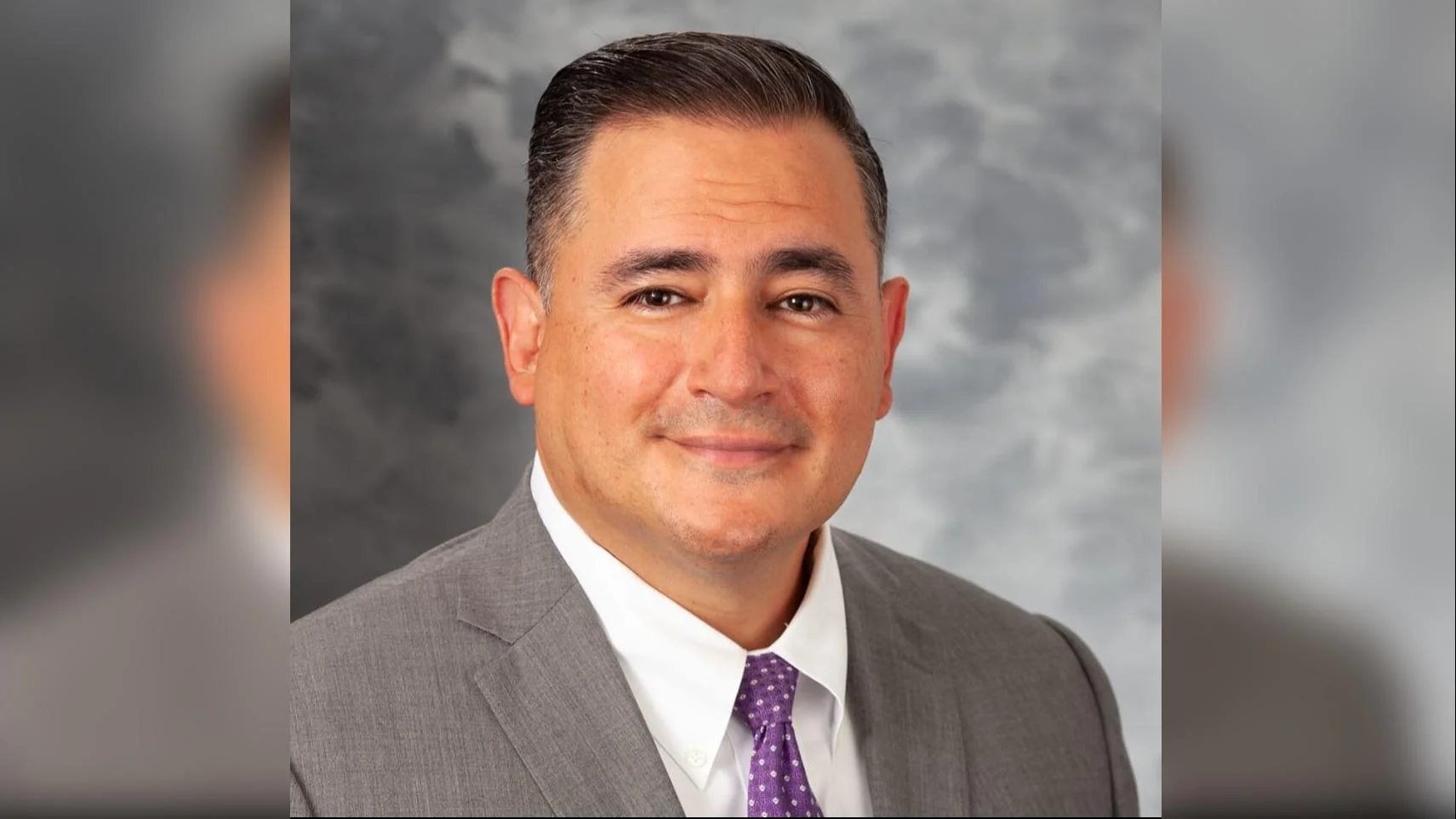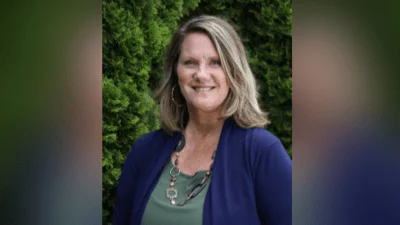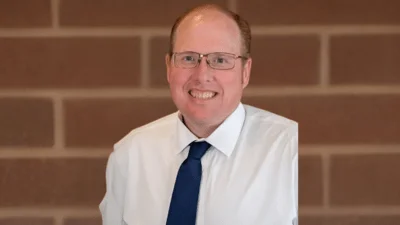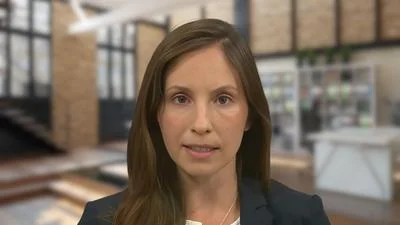Rudy Jackson Senior Vice President, Chief Nurse Executive | U. of Wisconsin Hospital and Clinics
Rudy Jackson Senior Vice President, Chief Nurse Executive | U. of Wisconsin Hospital and Clinics
Scott Strege's journey from a metastatic colon cancer diagnosis to recovery highlights the significance of self-advocacy and clinical trials in cancer treatment. Diagnosed with stage IV colon cancer in late 2011, Strege experienced worsening symptoms that led him to seek further medical advice. A CT scan revealed a blockage in his colon, resulting in immediate surgery.
"The next morning, I was informed they had taken out a tumor the size of a grapefruit and were sending it off to a lab to be tested," Strege recounted.
Following his diagnosis, Strege faced an extensive spread of cancer to his liver, initially deemed unresectable. Dr. Sharon Weber from the Department of Surgery noted the challenge: "The trouble was figuring out how to actually remove all his tumors."
Hope emerged when medical oncologist Michael Eastman identified Strege as eligible for a clinical trial combining chemotherapy with a drug targeting blood supply to tumors. This treatment began in December 2011 and proved effective, allowing Strege to undergo surgery by March 2012.
Dr. Weber performed laparoscopic surgery on Strege's liver, aided by portal vein embolization by UW interventional radiology staff. This complex procedure involved removing 75% of his liver but ultimately facilitated its regrowth and functionality.
Strege underwent additional chemotherapy rounds and another surgery before achieving remission. He has remained cancer-free for 12 years.
"Improving people’s ability to advocate for themselves and decreasing the feeling of hesitancy around clinical trials is crucial," Weber emphasized.
Reflecting on his experience, Strege expressed gratitude towards Dr. Weber: "At the stage I was diagnosed, results of the work usually prolong life for a few months."
Weber uses Strege's case as an example of hope and encourages patients' openness to clinical trials: "Clinical trials are available in major cancer centers and help us understand what the best treatments are for the next generation of patients."
Weber added that Strege's positive response allowed them to offer extensive surgery that ultimately cured his advanced colorectal cancer.






 Alerts Sign-up
Alerts Sign-up